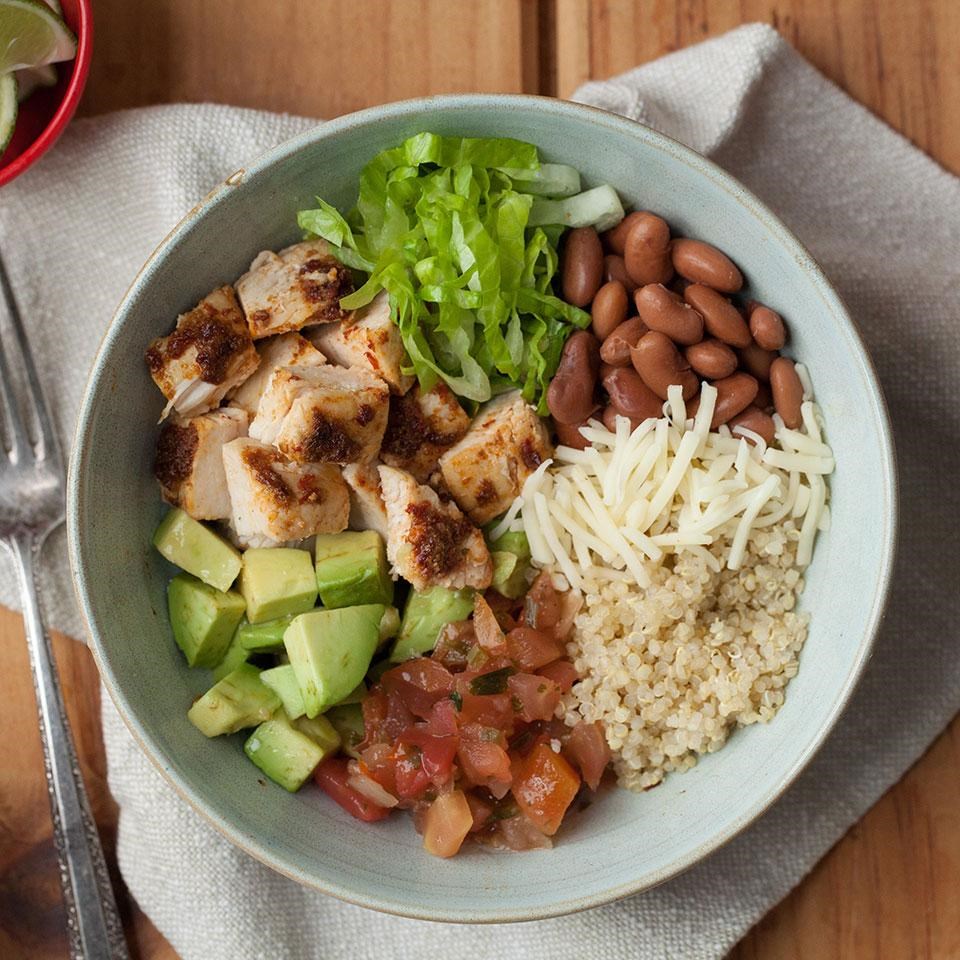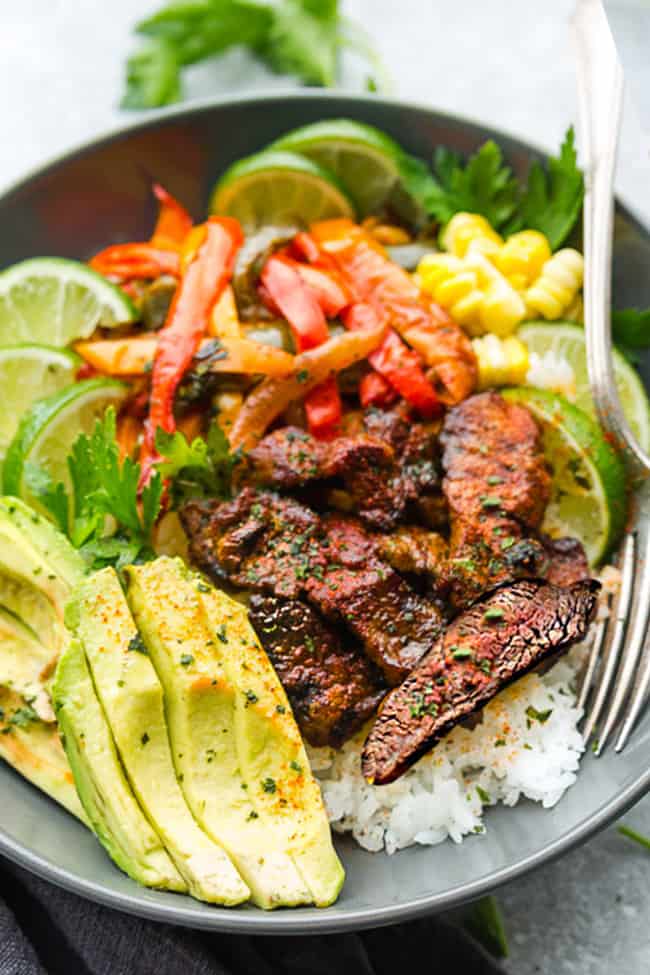- Joined
- Dec 16, 2015
- Messages
- 11,976
- Reaction score
- 11,529
So... Saturated fat. Is it actually bad, or can I tell everyone to shut up?
If I understand correctly saturated fats are pivotal for male strength, muscle maintenance and overall health.
In practical terms, what should I have for lunch? A chicken bowel from Chipotle? Or a steak bowl? Or should I get a quad burger in a lettuce wrap at Five Guys?



If I understand correctly saturated fats are pivotal for male strength, muscle maintenance and overall health.
In practical terms, what should I have for lunch? A chicken bowel from Chipotle? Or a steak bowl? Or should I get a quad burger in a lettuce wrap at Five Guys?




